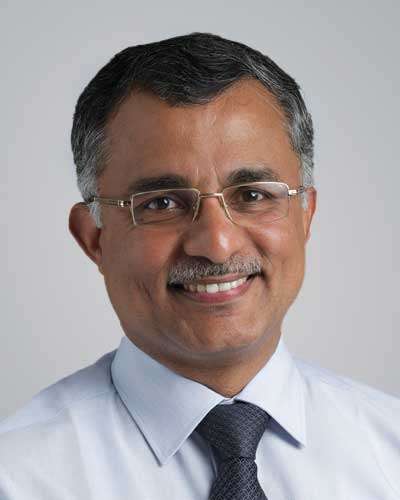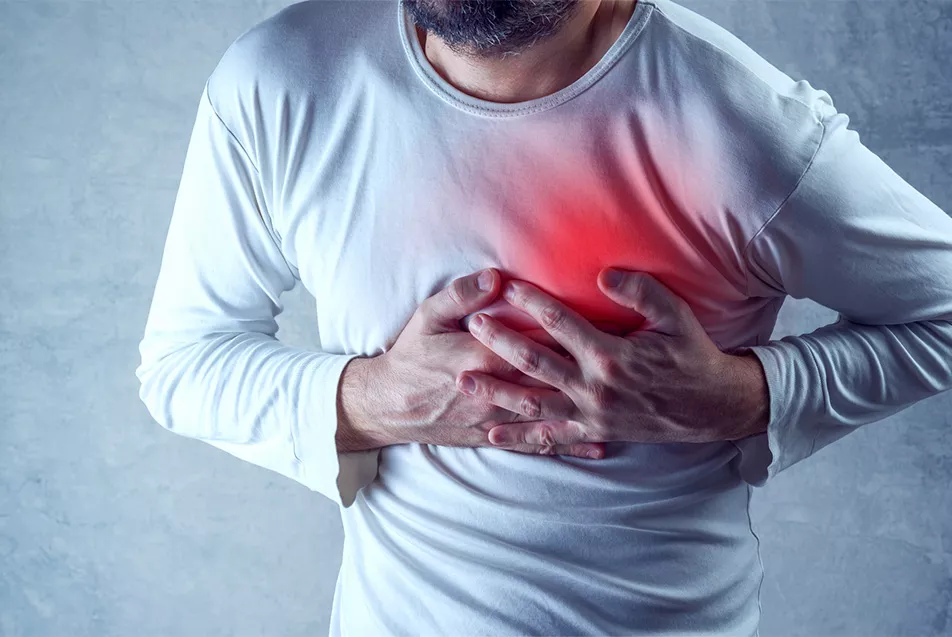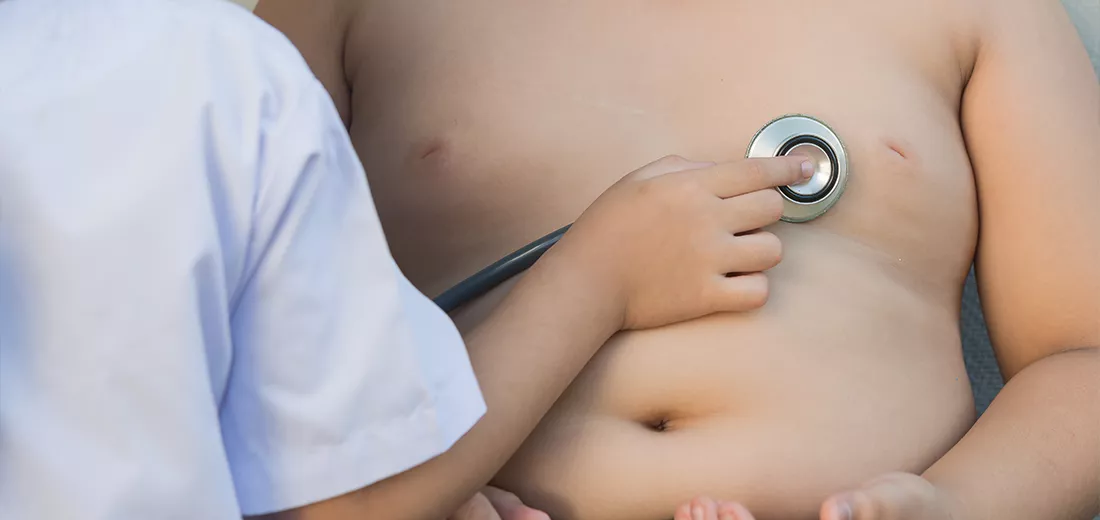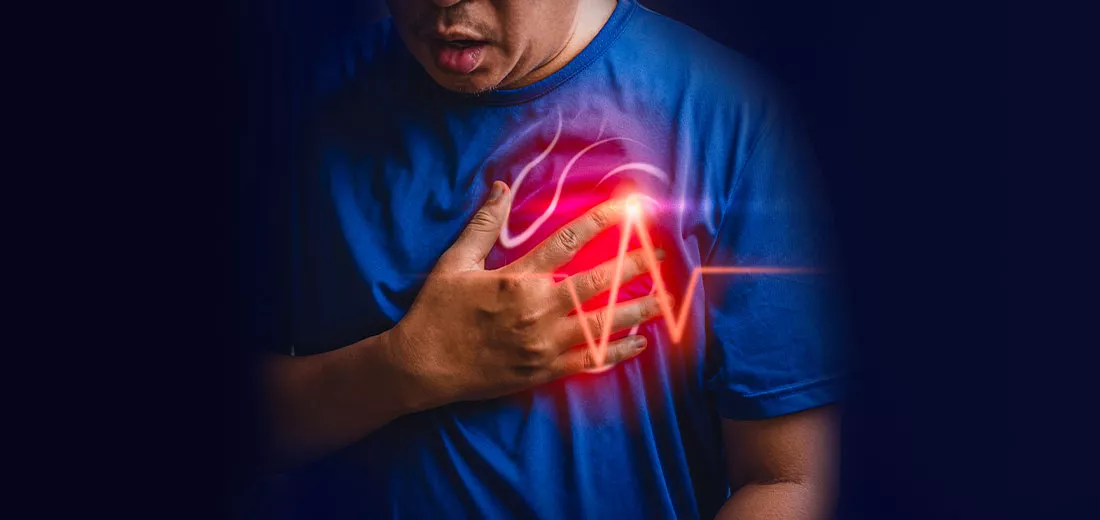What do you mean by a heart transplant?
Heart transplant surgery is when you replace a diseased, failing heart with a heart with a normal donor heart. This kind of treatment is often reserved for people whose condition has not improved significantly with other surgeries or after taking medications. While a heart transplant is a big operation, the chances of survival are also extremely high.
Why do you need a heart transplant?
You may opt for heart transplant surgery if other treatments stop being effective. End-stage heart failure is a disease wherein the heart muscle fails poorly in its attempt to pump blood through the body. This means that other treatments are no longer functioning. This stage is the final stage of heart failure. Despite the name, this does not mean that your heart is no longer beating, this means that heart muscle is failing to pump blood in a normal manner because it is now too damaged or weak.
Some of the causes behind heart failure are:
- Heart attack (myocardial infarction or MI)
- Viral infection of the heart muscle
- Irregular heartbeats (also known as arrhythmias)
- Heart valve disease
- Heart defects since birth (congenital)
- Genetic Cardiomyopathy
Any risks associated with heart transplant?
As with any surgery, some complications may occur. Some of the potential risks that come with heart transplant surgery are:
- Kidney failure
- Breathing issue
- Infection
- Issue found in the donor’s heart
- Bleeding during or after the surgery
- Blood clots are present that can cause stroke, heart attack, or lung issues
- Coronary allograft vasculopathy (CAV). This is an issue with the blood vessels that carry blood to the heart muscles. In case they become thick and hard, it can lead to serious muscle damage.
- Death
In addition, your body may reject the new heart. Don’t worry, rejection is your body’s normal way to react to a foreign object. Once you get a new heart, the immune system reacts accordingly and may try to fight the new organ. For the newly transplanted organ to survive in the new body, the heart transplant team recommend taking the necessary medicines. The medicines will trick the new immune system into accepting the transplanted heart and will not attack it.
What is a ventricular assist device? (VAD)
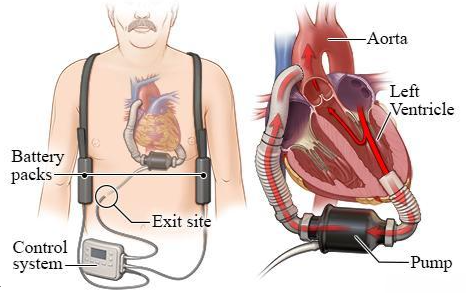
There are patients who can get a heart transplant. Another option for them is to get a ventricular assist device (VAD). This is a mechanical pump that is implanted inside the chest that helps pump blood from the lower chamber of your heart to the rest of the body. Moreover, VADs are often used as a long-temporary treatment for people who are waiting to get heart transplant surgery.
In case the VAD doesn’t help out, medical professionals may recommend getting an artificial heart. Now, this device replaces the function of your heart as an alternative while you are waiting for the transplant.
How to prepare for heart transplant surgery?
The preparation for a heart transplant often starts weeks or even months before you receive a donor.
The initial steps
If your doctor has suggested going for a transplant, you will likely be referred to a good heart transplant centre for evaluation. Or you can do that yourself. Make sure to check your health insurance to figure out which centres are covered under the plan you have.
Waiting for the donor organ
After the transplant centre gives you a go ahead and determines that you are a good candidate for the surgery, the centre will then put you on the waiting list. Now, this wait can be long since there are a lot of people who might need a donor. Finding a donor also depends on your blood type, how sick you are, and your body size.
While you are on the waiting list, your medical team will continue to monitor your heart and other organs and adjust the treatment if necessary. The little thing you can do to take care of your heart is to eat well follow doctor’s advice, continue medications and stay active.
Right before the transplant surgery
The heart transplant usually happens within four hours of organ removal so that the donor’s organ remains usable. Due to this, the hearts are first offered to a transplant centre that is close by and then to centres within the near vicinity.
The Heart Transplant Center in Kochi will call you and let you know that you can go ahead with the transplant. After you are notified, you will have a limited time period to prepare and accept the donation. Try to make travel plans ahead of time, if possible.
Final Note
After your surgery, it is of paramount importance to keep the surgical area clean and dry at all times. You will be provided with specific bathing instructions by the best interventional cardiologist in Kochi. During your follow-up visit, your doctor will remove the surgical staples, in case they were not removed before leaving the hospital. During your recovery period, try to stay healthy and not drive until your healthcare provider tells you to.

